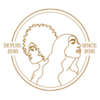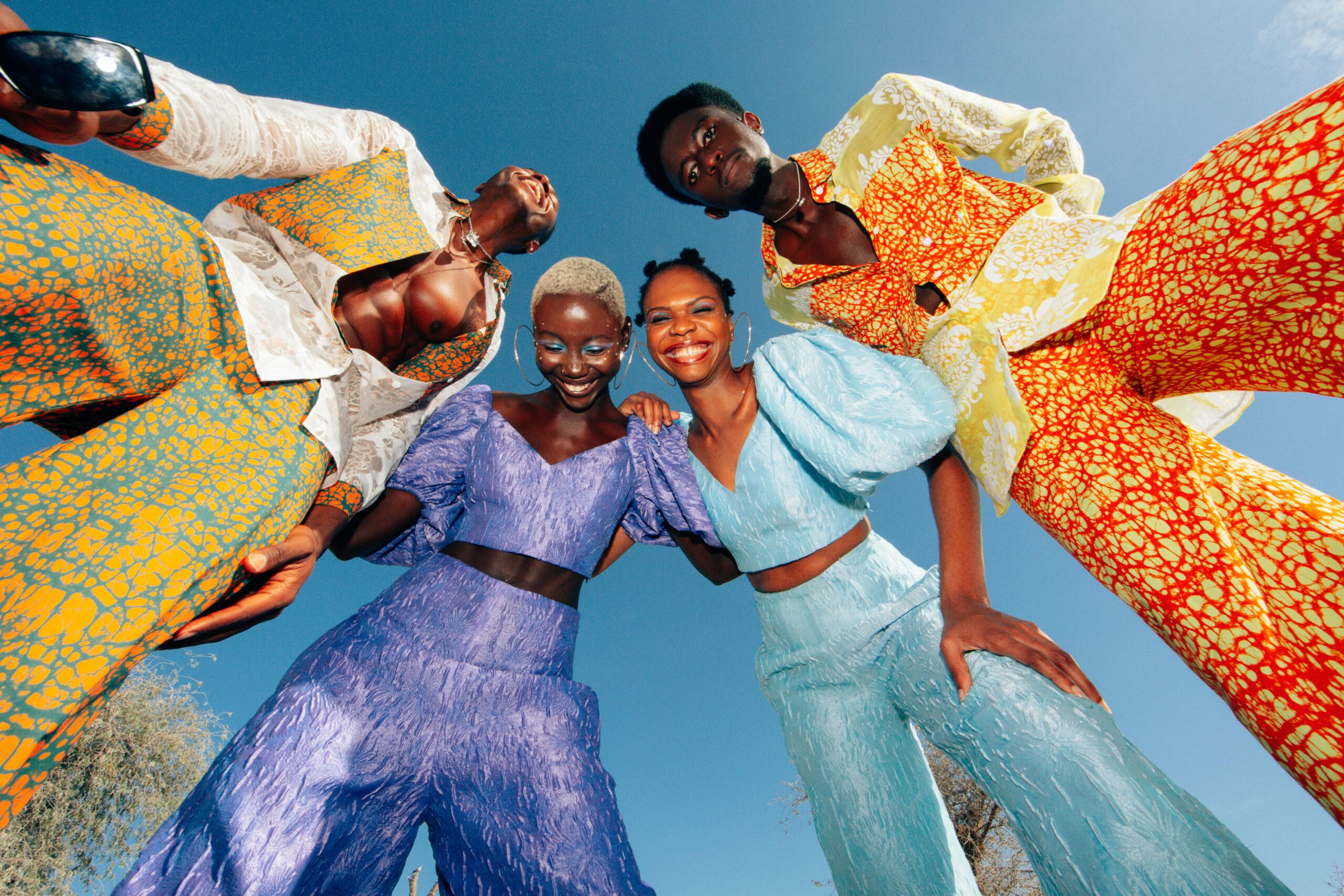January 6, 2017

By Shana Musimbe
Speaking to a lot of my friends who study other subjects including Engineering and Management I often feel like the angry one. When its time to discuss our prospective fields (I‘m in International Development Studies) I seem to be the one with really jarring critiques of how development is viewed and conceptualized. Literally, I can’t help but feel like I’m always “pressed” about something. Being a young African woman from a so called developing country, I often have intimate lived experiences of a greater part of issues we discuss. But somehow I always find that my experiences and the theoretical frameworks never come together. Currently I’m taking a course on labour migration a topic I know all too well.
Firstly ; ¾ of my entire family is in different parts of the globe. Secondly, I don’t get to see most of them often. The last time I saw one of my mother’s brother’s I was probably like 13. I’m 21 now. The last time I saw my cousin she was 11 now she’s almost in university. This isn’t the half of it. Currently I’m living in Canada to pursue my education. I get to see my parents probably once a year and my sister who is currently in England once a year too. I consider myself lucky enough to actually have the privilege to see my parents once a year because some international students and Diasporians don’t get to see their parents and siblings for years. The pain of this separation is deep, frustrating and often depressing. It is even difficult for me to try and capture just how complicated and painful being part of a transnational family and network is in just a few words. Sometimes I feel a mixture of gratitude and sadness; mainly because I am fortunate to have access to opportunities that a lot of people where I’m from don’t; but I am also sad about being away from the people I love.
What I find is that often the literature doesn’t convey these nuances. Academics often don’t pay attention to the lived experiences of people like me who are part of the Diaspora. I mean don’t get me wrong there are some academics who do a good job of creating space of the lived experiences of migrants but there just aren’t enough. What I find is a complete erasure of how these processes are experienced by real people like myself. I get the importance of theoretical frameworks particularly in development but when will these theoretical frameworks be lined up against the real world events. There is already such gap between theory and practice. Currently, academia particularly in the development field has got me asking where is the space for lived experiences?

Shana Musimbe
Writer
Shana is a student in International Development and African Studies at McGill University. She was born and raised in the southern African country of Zimbabwe. For her, SAYASPORA is an opportunity to advance the narrative of women from every corner of Africa in the diaspora and around the world.





